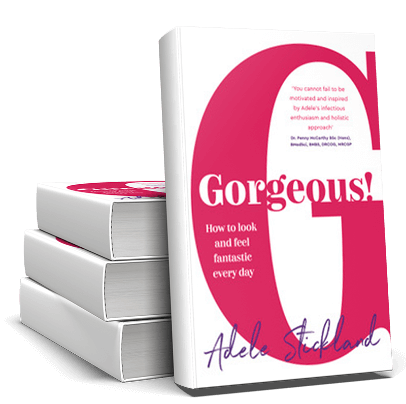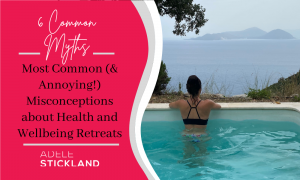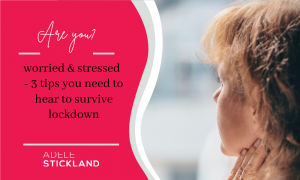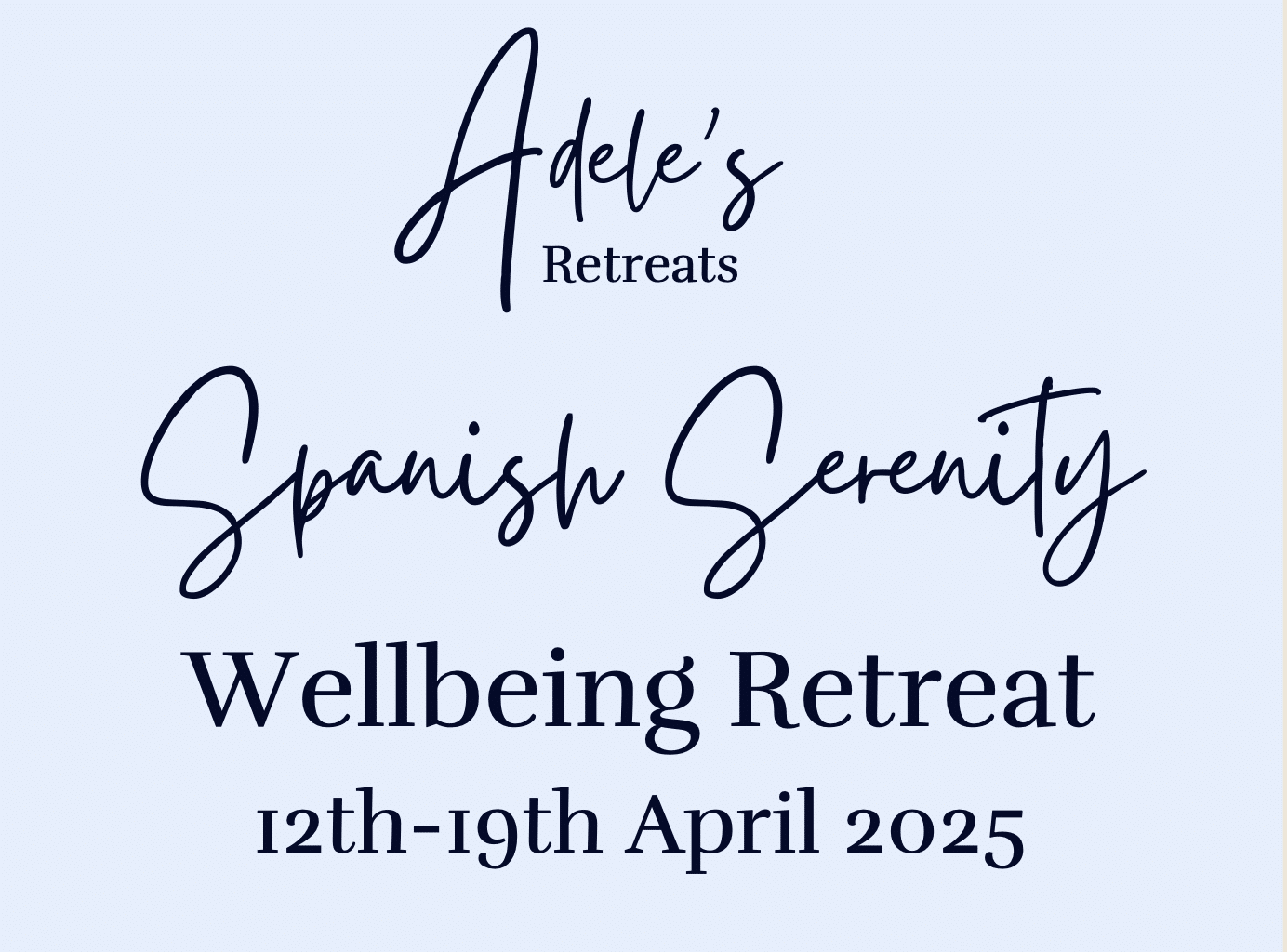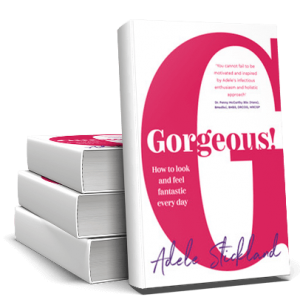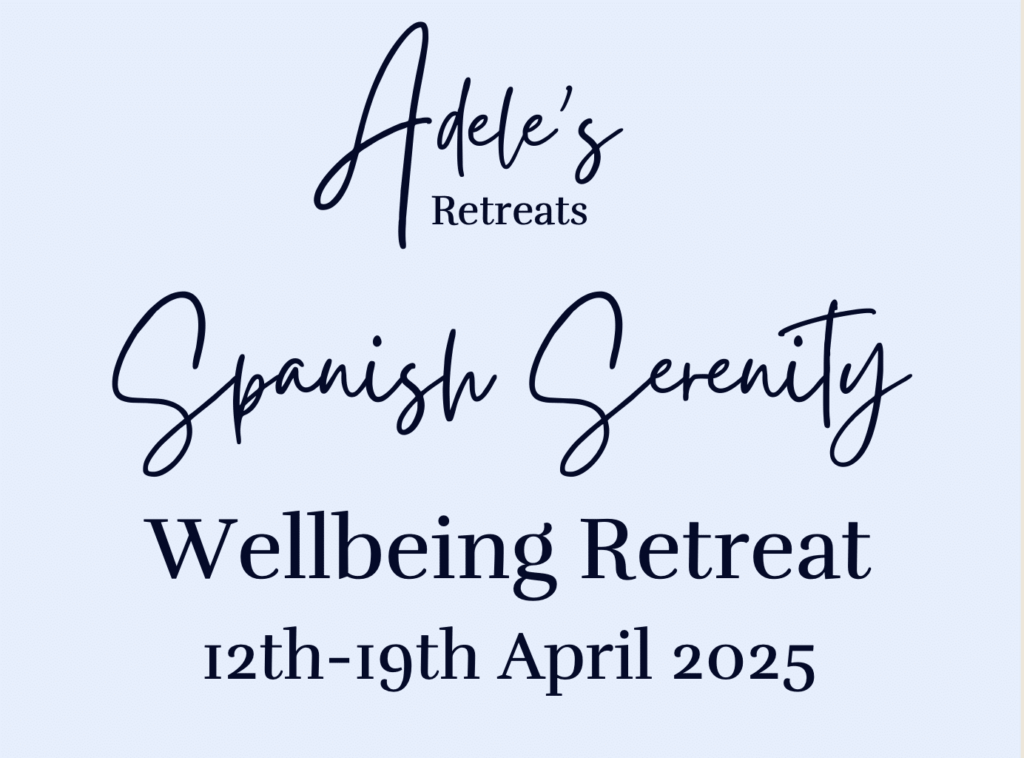One of your main health pillars is sleep. Sleep works alongside nutrition, exercise, mindset to give you a greater level of productivity and more importantly better health. The World Health Organisation stipulates 8 hours are necessary for health and has reported that there is a sleep loss epidemic*, over 2/3 of adults aren’t getting 8 hours, more like 6 or 7. Routinely sleeping less than 8 hours a night will affect your immune system and the latest research has shown that it is linked to diseases like cancer and dementia. In addition, a reduction in your sleep means that you are disrupting your blood sugar levels which can lead to pre-diabetes. And yet business applauds the worker who is first in the morning and last to leave at night. The badge of ‘laziness’ is given to those who can’t work an 18 hour day.
There is a stigma, especially for women, who can’t seem to do it all and manage it on 5 hours of sleep. The most interesting example of sleep deprivation pride is Magaret Thatcher and her counterpart US former president Ronald Regain both celebrated their accomplishments of sleeping only 4 hours a night. Both developed dementia. Churchill slept only 6 hours a night and yet had naps that lasted 1 ½ to 2 hours. Einstein slept for 10 hours a night.
A full cycle of 8 hours of sleep will give you a multitude of health benefits as well as increased creativity. Let’s explore the reasons behind this.

Pushing through with coffee has a detrimental effect on your body and sleep cycle
Why you need 8 hours sleep
You have 5 stages of sleep during your 8 hours, each lasting 90 minutes
Each stage of sleep has deep sleep which is referred to as NREM – non-rapid eye movement sleep which is very deep. This is an important requirement for your brain function because it allows your brain to download and store the information from your day. Each of these 5 stages also has a varying amount of REM sleep. This is the rapid eye movement or dream stage.
In the first half of the night, a majority of the 90-minute cycle is NREM, deep sleep. As you progress through your night, this balance swaps and towards dawn and waking you switch to more REM and less NREM.
This has an effect on your brain, both these types of sleep affect your memory and ability to think clearly.
Deep NREM sleep is important to remove the unnecessary neural connections – purging your brain of extraneous memories and thoughts. NREM sleep is vital because its when your brain manages the finite amount of storage space within your brain.
REM sleep is the dreaming sleep with aids with interconnecting your memories and add details. REM sleep earlier in the morning is your creative sleep.
Don’t miss: Ditch the good girl syndrome
Are you a lark or an owl?
There are two factors involved in your sleep and there are not connected, they are separate systems. When they happen to coincide as nature intends then you fall asleep naturally and beautifully. If you override one of the systems with caffeine or even bright lights these two systems will operate at different times and upset your natural balance.
The first system is the circadian rhythm the second is a naturally occurring chemical in your body – adenosine. Your rhythm operates on a 24-hour cycle and there are individual variations on this cycle depending on your ‘owl’ or ‘lark’ predisposition.
Adenosine builds up during your day and when you sleep it is purged completed, however, this takes a full 8 hours to leave your body. It then builds again during your waking day. If you don’t get enough sleep then adenosine concentrations remain too high and you will create a sleep debt which in the long term leads to chronic fatigue which can manifest in forms of mental and physical illness.
Don’t miss: 10 Top Tips to stay gorgeous
How much caffeine will affect your sleep?
Coffee has caffeine which wakes you up and keeps you awake and pushes you through the sleepy part of your day. But what is it doing to the biology of your body?
Caffeine is in certain teas, energy drinks and foods such as dark chocolate, ice cream and drugs such as weight loss pills and pain relievers and prevent you from falling into a natural sleep. Even ‘de-caffeinated’ doesn’t mean that the tea or drink has no caffeine it simply means it has a reduced amount. If you are drinking three or four cups of decaf in the evening it is just as damaging to your sleep as one caffeinated cup.
Caffeine has a ‘half-life’ of five to seven hours, which is the scientific way of saying that it takes five to seven hours to remove 50% of the caffeine from your body. Caffeine is removed from your body by an enzyme in your liver and whilst genetics will affect the speed of its removal there aren’t that many people who a fast-acting enzyme which means that they can have an expresso late at night and still get a great nights sleep. Most of us are sensitive to the effect of caffeine and one cup in the morning will last most of the day and then followed by another late morning or early afternoon will affect your ability to sleep. Ageing has a dramatic effect on this effectiveness of this enzyme as well,
Caffeine blocks the sleep hormone ‘adenosine’ which although it doesn’t hit the receptors in your body is still building up when your liver finally removes the caffeine from your body a ‘caffeine crash’ means that the built-up adenosine eventually forces your body to crash. If this crash happens whilst you are still at work or if you need to keep going and you drink more caffeine then you build up an addiction – a dependency cycle.
Don’t miss: Bust the dieting myth
How to improve your sleep hygiene
You are probably aware that you shouldn’t drink coffee late at night, other habits to create a great nights sleep may not be as obvious, here are a few tips to consider and implement slowly.
- Your circadian rhythm is important – stick to the same time on waking and sleeping every day, even though the weekend.
- Exercise will help to tire your body physically after a busy working day in the office, aim to do this 2-3 hour before going to bed
- Evening routine – can you spend at least an hour before bed switching off. Turn off your computer, iPhone and even your tablet. They emit a blue light which ‘wakes’ your brain.
- As part of your sleep routine, a warm bath will reset your body temperature and cool your core temperature.
Why not drop me an email and let me know your thoughts?

Gorgeous is your journey of discovery
PS. Start your journey book an initial one-off assessment discovery call – the cost is £84 and discover the next stage of your journey would look like then book a call with me – click here I’d love to chat about your transformation change, using nutrition, mindful exercise and personal coaching and become the best version of you
Find out what other clients have to say…
I’ve known Adele for some time, and I’m delighted to see that her character comes out so well in this book. I can hear her speaking to me as I read it!The book is jam packed with no nonsense, practical down to earth advice as to how we can all improve our health and well being. It’s not about dropping those extra few pounds, it’s about self-care and eating in a way that nourishes you.
She addresses the issues so often missing in other advice: the link with your mindset, and why diets don’t work.Devour the book and be gorgeous!
Mary Colvill Get Gorgeous Book www.get-gorgeous.com/book 28th May 2019
REFERENCE: *National Geographic www.channel.nationalgeographic.com/sleepless-in-america




